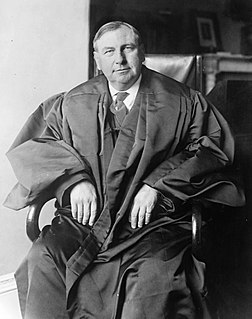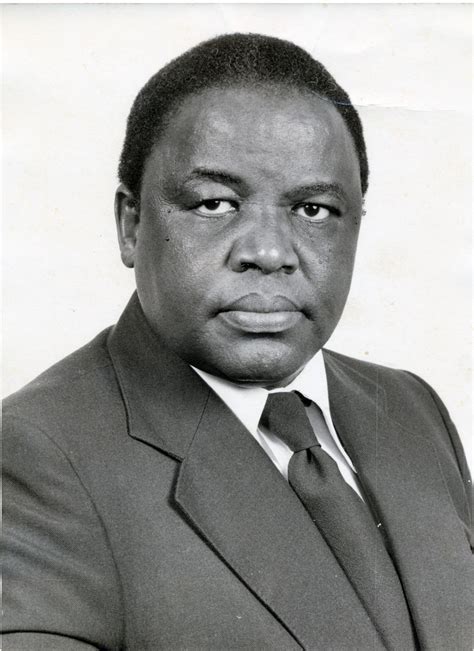A Quote by James Bryce
I have often asked Americans wherein they consider their freedom superior to that of the English, but have never found them able to indicate a single point in which the individual is worse off in England as regards his private civil rights or his general liberty of doing and thinking as he pleases. They generally turn the discussion to social equality, the existence of a monarchy and hereditary titles and so forth - matters which are, of course, quite different from freedom in its proper sense.
Quote Topics
Able
Asked
Civil
Civil Rights
Consider
Course
Different
Discussion
Doing
England
English
Equality
Existence
Forth
Found
Freedom
General
Generally
Hereditary
His
Indicate
Individual
Liberty
Matters
Monarchy
Never
Off
Often
Pleases
Point
Private
Proper
Quite
Regards
Rights
Sense
Single
Social
Social Equality
Superior
Them
Thinking
Titles
Turn
Which
Worse
Related Quotes
The individual is defined only by his relationship to the world and to other individuals; he exists only by transcending himself, and his freedom can be achieved only through the freedom of others. He justifies his existence by a movement which, like freedom, springs from his heart but which leads outside of himself.
The guarantees of civil liberty are but guarantees of freedom of the human mind and spirit and of reasonable freedom and opportunity to express them...The very essence of the liberty which they guarantee is the freedom of the individual from compulsion as to what he shall think and what he shall say...
To an American, that which deprives him of his freedom he regards as injustice, and that which allows him to enjoy that freedom he regards as justice. The concept of justice is as central to the totality of his being as freedom is, and this is not surprising, since the motivating idea behind the American Declaration of Independence was the fervent desire for justice.
Of course, there are dangers in religious freedom and freedom of opinion. But to deny these rights is worse than dangerous, it is absolutely fatal to liberty. The external threat to liberty should not drive us into suppressing liberty at home. Those who want the government to regulate matters of the mind and spirit are like men who are so afraid of being murdered that they commit suicide to avoid assassination.
The democratic ideal springs from the ideas of liberty, equality, majority rule through free elections, protection of the rights of minorities, and freedom to subscribe to multiple loyalties in matters of religion, economics, and politics rather than to a total loyalty to the state. The spirit of democracy is the idea of importance and worth in the individual, and faith in the kind of world where the individual can achieve as much of his potential as possible.
Each pursues his private interest and only his private interest; and thereby serves the private interests of all, the general interest, without willing it or knowing it. The real point is not that each individual's pursuit of his private interest promotes the totality of private interests, the general interest. One could just as well deduce from this abstract phrase that each individual reciprocally blocks the assertion of the others' interests, so that, instead of a general affirmation, this war of all against all produces a general negation.
Kinship among nations is not determined in such measurements as proximity of size and age. Rather we should turn to those inner things - call them what you will - I mean those intangibles that are the real treasures free men possess. To preserve his freedom of worship, his equality before law, his liberty to speak and act as he sees fit, subject only to provisions that he trespass not upon similar rights of others - a Londoner will fight. So will a citizen of Abilene. When we consider these things, then the valley of the Thames draws closer to the farms of Kansas and the plains of Texas.
"It astonishes me to find... [that so many] of our countrymen... should be contented to live under a system which leaves to their governors the power of taking from them the trial by jury in civil cases, freedom of religion, freedom of the press, freedom of commerce, the habeas corpus laws, and of yoking them with a standing army. This is a degeneracy in the principles of liberty... which I [would not have expected for at least] four centuries."
Civil rights are those which appertain to man in right of his being a member of society. Every civil right has for its foundation some natural right pre-existing in the individual, but to the enjoyment of which his individual power is not, in all cases, sufficiently competent. Of this kind are all those which relate to security and protection.
Before games are played in common, no rules in the proper sense can come into existence. Regularities and ritualized schemas are already there, but these rites, being the work of the individual, cannot call forth that submission to something superior to the self which characterizes the appearance of any rule.
Our submission to general principles is necessary because we cannot be guided in our practical action by full knowledge and evaluation of the consequences. So long as men are not omniscient, the only way in which freedom can be given to the individual is by such general rules to delimit the sphere in which the decision is his. There can be no freedom if the government is not limited to particular kinds of action but can use its powers in any ways which serve particular ends.





































